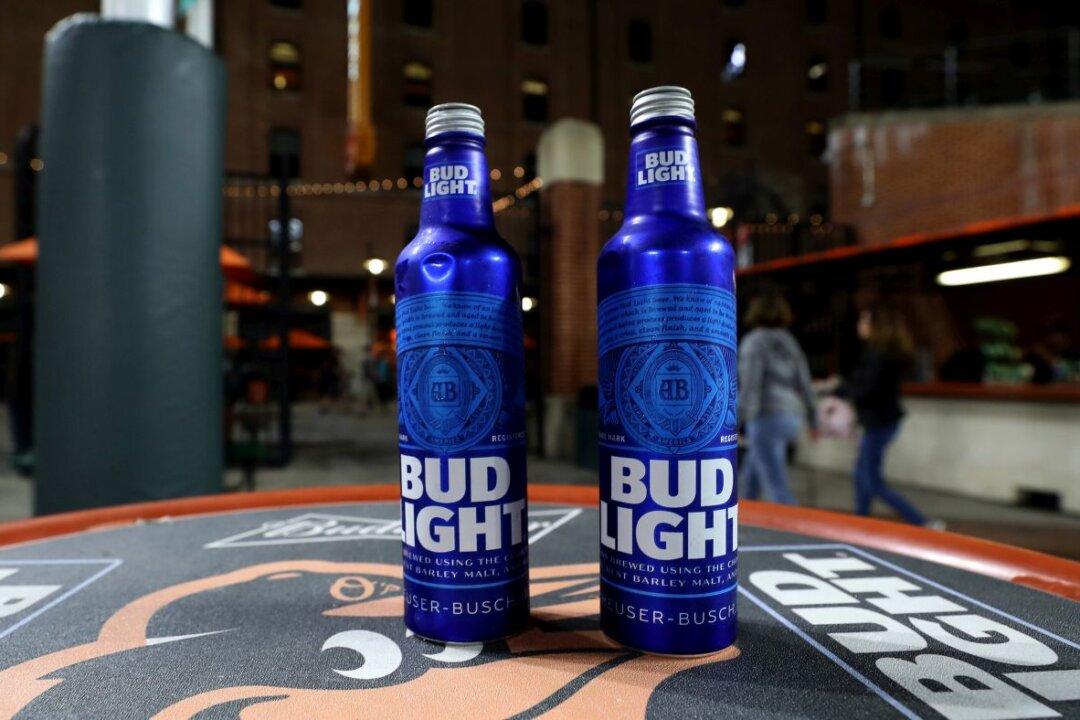A Bud Light distributor in Alabama issued a public plea to bring back customers who boycotted the brand after it produced a can with transgender influencer Dylan Mulvaney’s face on it.
Steve Tatum, with the Montgomery, Alabama-based Bama Budweiser distributor, deployed a radio advertisement for several area stations, pleading with customers to purchase Bud Light again. In April and during the first week of May, sales of Bud Light were down significantly, and sales of other Anheuser-Busch products also dropped amid the Mulvaney backlash.





